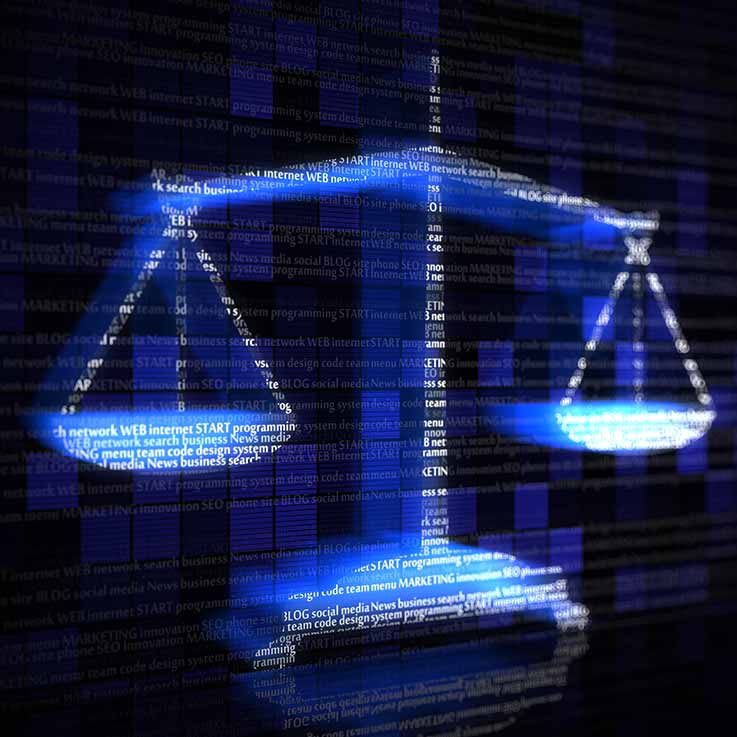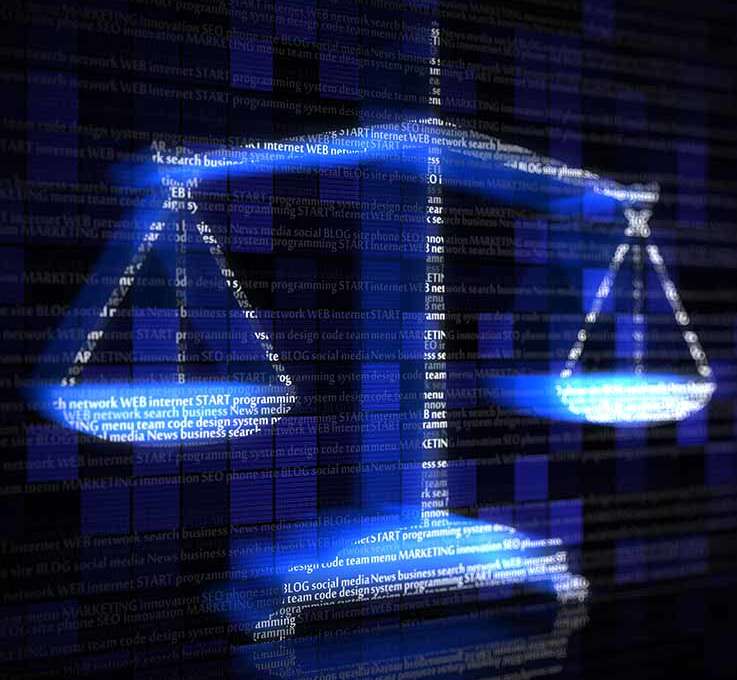In a bid to curb the spread of fake news and propaganda, the government is preparing to bring changes to the Prevention of Electronic Crimes Act of 2016 (PECA). The legislation is currently in the process of thorough examination, reported by The News.
In the previous year, Law and Justice Minister Senator Azam Nazeer Tarar was given the responsibility of leading a committee by Prime Minister Shehbaz Sharif. Supported by the Ministry of Information Technology (MIT), Pakistan Telecommunication Authority (PTA), and the Federal Investigation Agency (FIA), the committee is approaching the completion of its task.

Well-placed sources have revealed that all possible measures will be taken to counteract fake news that targets the reputation and image of individuals, groups, organizations, or other entities.
The Expected Changes
Potential enhancements to social media regulations are being considered to strengthen the authority of the PTA and FIA in their fight against fake news. Additionally, an ‘e-safety law’ is being introduced to secure official portals.
It is also anticipated that a new section will be added to PECA, giving the relevant authorities more power to enforce stricter action and ensure that offenders are appropriately punished.
The PTA has highlighted that the current PECA, 2016, falls short in providing adequate support to combat fake news spreaders.
There is a general consensus that as a result, the FIA is rendered powerless in handling complaints related to fake news, and no significant action can be taken.
Increasing Complaints and Future Steps
Recent times have seen a surge in complaints related to entities and individuals whose reputations have been tarnished by a certain group of people. Although these complaints were deemed legitimate, the authorities were unable to take any action against those responsible.
As part of the solution, social media companies will be mandated to either operate from Pakistan or establish their offices in the country, making them accountable for their site’s content.
Should they fail to act responsibly, their platforms could face potential blocking or removal of offensive content upon receipt of complaints.
The expectation is for the law to be finalized prior to the conclusion of the National Assembly’s mandated period and the end of the current government’s term. If any glitches occur, the law could be converted into an ordinance promulgated by the caretaker government, even after the end of the current regime.




